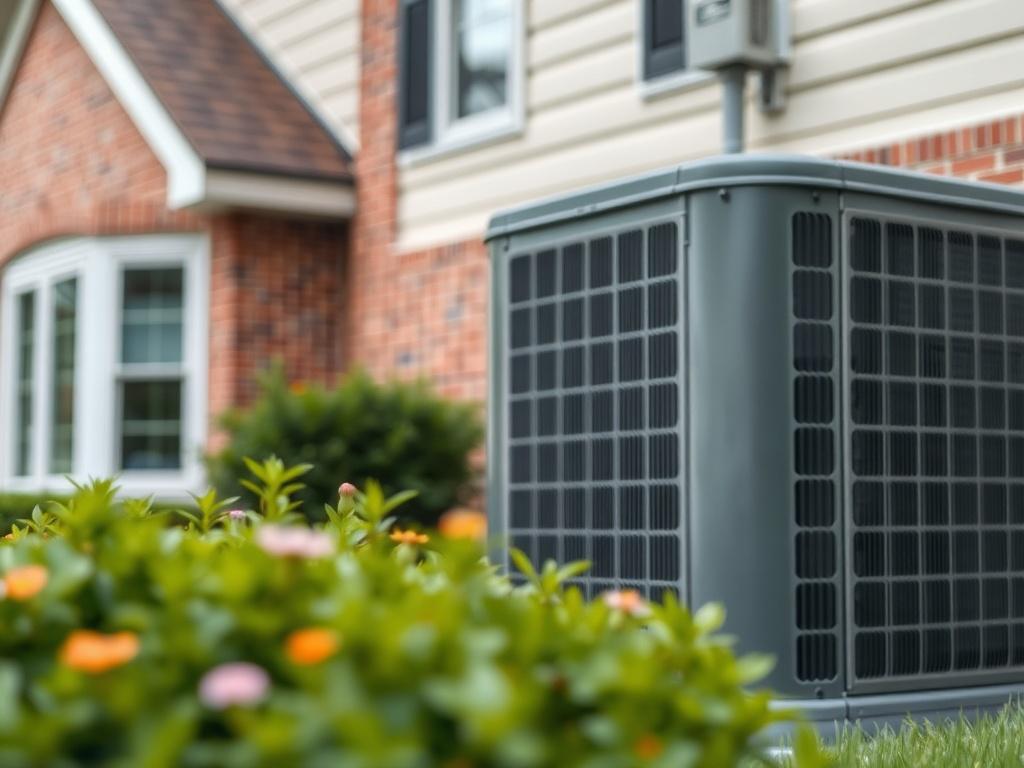
When it comes to maintaining a comfortable home in Ann Arbor, your HVAC system plays a crucial role. Homeowners often face the dilemma of whether to repair an aging unit or invest in a new one. Understanding the nuances of HVAC repair versus replacement is essential for making an informed decision that can significantly affect both comfort and finances.
In this blog post, we will explore the key considerations, including cost comparisons and the impact of system age and efficiency, to help you determine the best course of action for your home.
When faced with HVAC issues, homeowners often grapple with whether to repair or replace their system. Repairing your HVAC system can be the more economical choice, especially if the issue is minor and does not indicate underlying problems. For example, a simple fix, such as replacing a faulty thermostat or clearing a clogged filter, generally costs significantly less than a complete system replacement. By conducting a cost analysis that includes not just the immediate repair costs but also the potential longevity and efficiency gains, you can make an informed decision that saves you money in the long run.
However, it is essential to assess the severity and frequency of the problem. If your HVAC system requires frequent repairs or experiences repeated breakdowns, it may signal that replacement is the better long-term investment. Additionally, consider the age of your system; if it is nearing the end of its expected lifespan—typically around 15 to 20 years for most units—a repair may only provide a temporary solution.
When considering whether to repair or replace your HVAC system, its age plays a significant role in your decision-making process. Most HVAC systems have a lifespan of 15 to 20 years, depending on the type and model. If your system is approaching or has surpassed this range, investing in repairs may not be the most economical choice. Older systems tend to become less efficient, resulting in higher energy bills and increased need for repair work. Understanding these trends enables homeowners to assess the cost of ongoing repairs against the benefits of installing a new, more efficient system.
In addition to system age, efficiency ratings provide crucial insights into whether you should repair or replace your HVAC unit. Modern HVAC systems often come equipped with high Seasonal Energy Efficiency Ratios (SEER) and Annual Fuel Utilization Efficiency (AFUE) ratings, resulting in significant long-term savings on energy costs. If your current system operates at a lower efficiency level, think about how much you could save by upgrading. Many homeowners may overlook the potential advantages of investing in a new system, but when considering features such as variable-speed motors and smart thermostats, the increased comfort and savings on energy bills can far outweigh the initial cost.
Homeowners often face the dilemma of whether to repair or replace their HVAC system, and understanding the factors at play can empower you to make a well-informed decision. Begin by assessing the specific issues your HVAC system is experiencing. Minor repairs, such as replacing a faulty thermostat or cleaning dirty filters, can enhance your system’s efficiency and extend its lifespan without a significant financial burden. On the other hand, recurring breakdowns or major malfunctions might suggest that your system is nearing the end of its operational life.
Additionally, consider the energy efficiency of your existing system. Older HVAC units typically operate at lower efficiency rates, leading to higher utility bills and a larger carbon footprint. Modern units, designed with advanced technology, offer improved energy efficiency, resulting in significant savings over time. Evaluating your system’s current efficiency in relation to the potential energy savings from a newer model can guide your decision-making process.
At Lashbrook Mechanical, we pride ourselves on offering top-notch HVAC services, backed by years of expertise, industry certifications, and a commitment to customer care. Reach out to us today for a consultation—you’ll be glad you did.